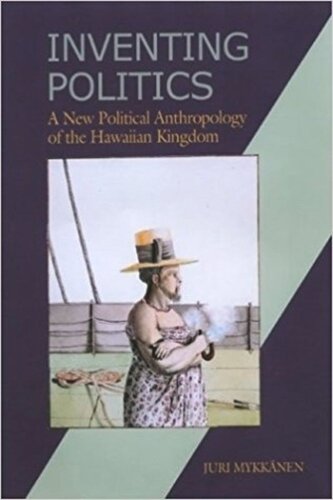

Most ebook files are in PDF format, so you can easily read them using various software such as Foxit Reader or directly on the Google Chrome browser.
Some ebook files are released by publishers in other formats such as .awz, .mobi, .epub, .fb2, etc. You may need to install specific software to read these formats on mobile/PC, such as Calibre.
Please read the tutorial at this link: https://ebookbell.com/faq
We offer FREE conversion to the popular formats you request; however, this may take some time. Therefore, right after payment, please email us, and we will try to provide the service as quickly as possible.
For some exceptional file formats or broken links (if any), please refrain from opening any disputes. Instead, email us first, and we will try to assist within a maximum of 6 hours.
EbookBell Team

4.1
10 reviewsHow did early nineteenth-century foreigners understand Hawaiian chiefly politics? What kinds of cultural resources did Hawaiians themselves have to make sense of their own structures of domination and those of the West? What was the outcome in political terms of the encounter between Hawaiians and foreigners?
To answer these questions, this volume takes readers on an ethnographic journey through Hawaii's early contact period. It begins by exploring the translation work done by American Protestant missionaries, who played a central role in bridging cultural differences between Hawaiians and Westerners. Evangelicalism and liberal capitalism set the stage for constructing political images of a "pagan" society, and the present work follows the subsequent evolution and transformation of these images.
Inventing Politics is a theoretical statement of a new kind of political anthropology. Through an extensive use of primary sources, including many contemporary Hawaiian-language newspapers and dictionaries, it argues that what informs our current understanding of politics was already present in the early nineteenth-century encounters between Hawaiians and foreigners--a reading that translates seemingly apolitical events into the language of politics and speaks to the fundamental question of whether politics is a functional aspect of every society or an invention based on specific cultural meanings and interests.